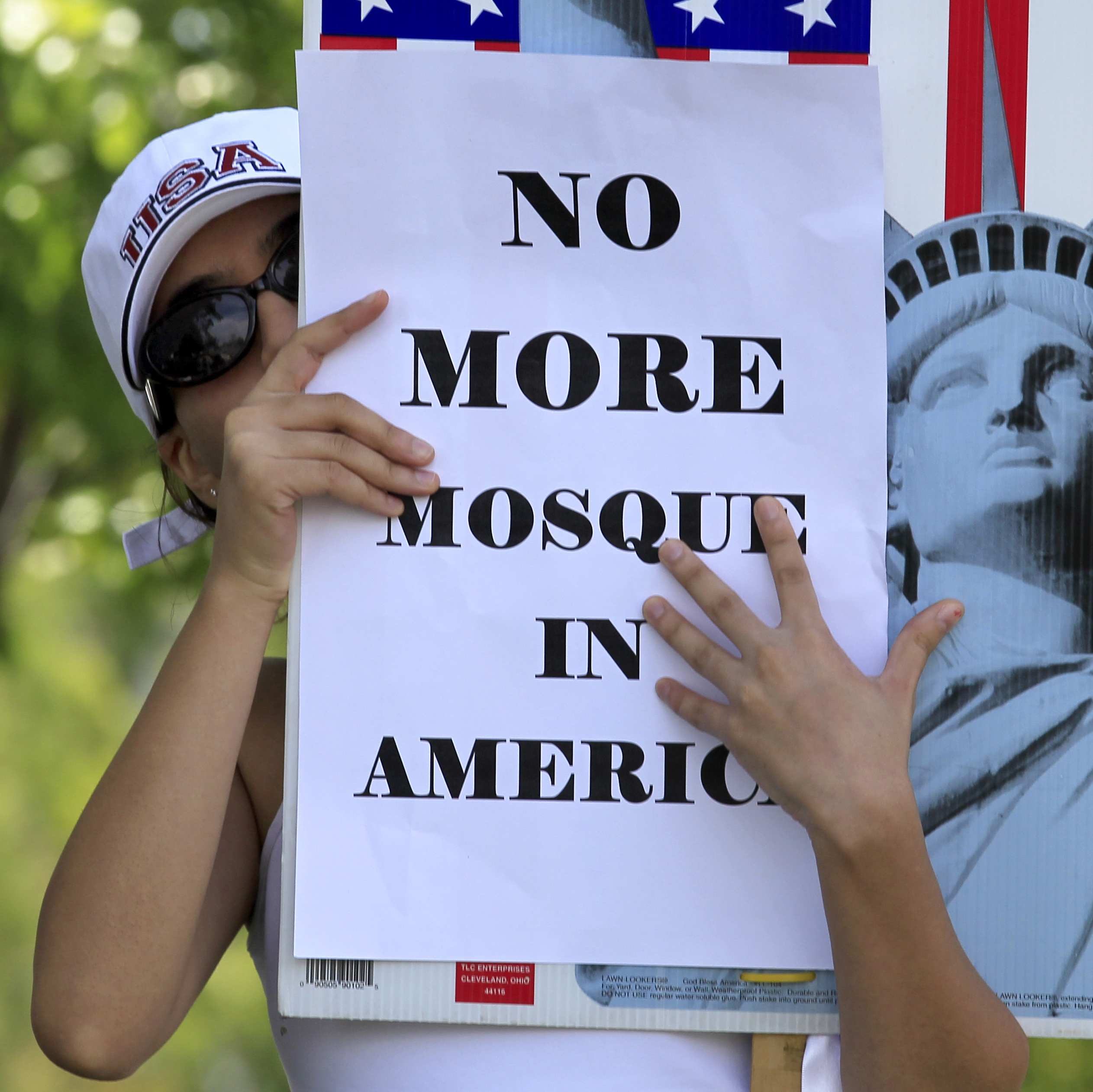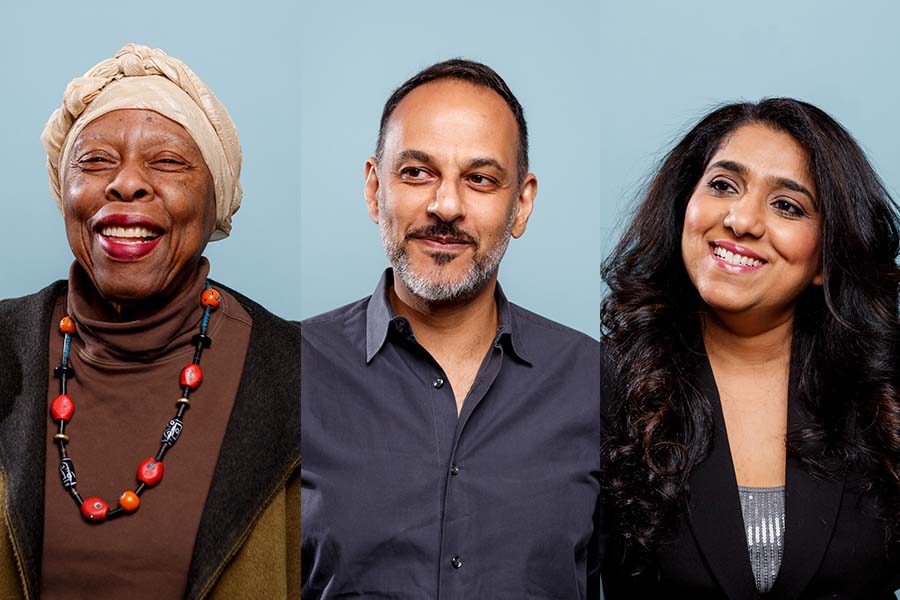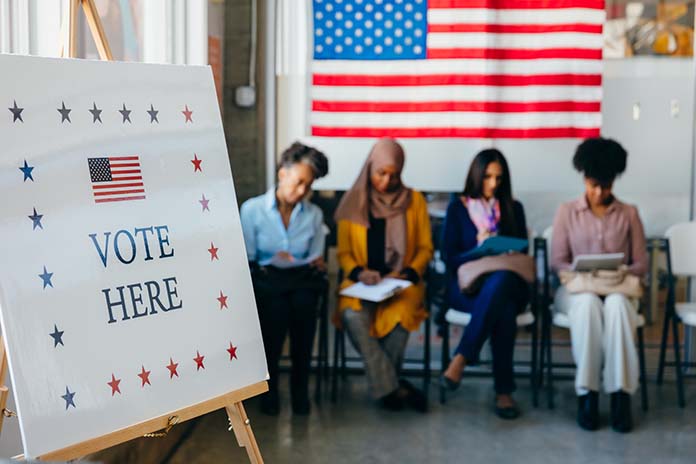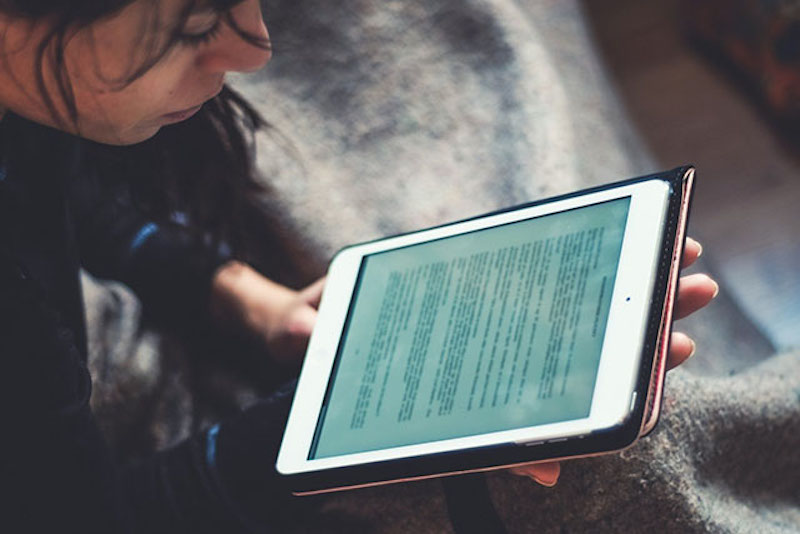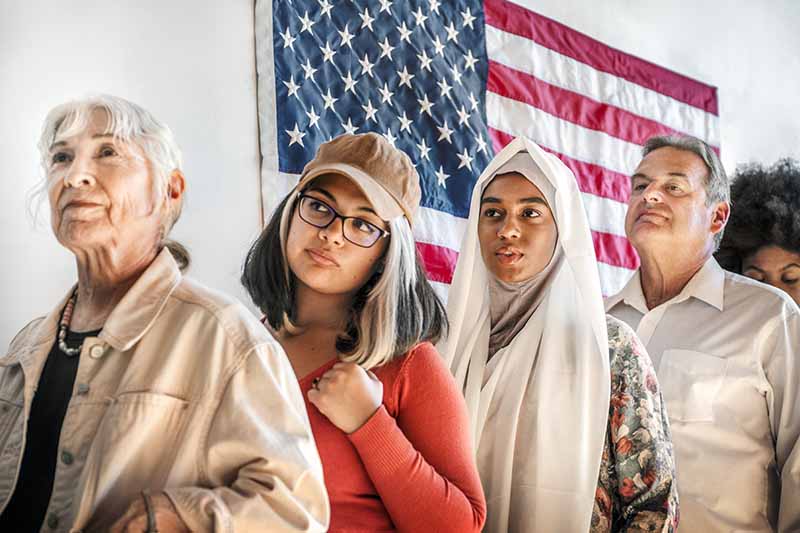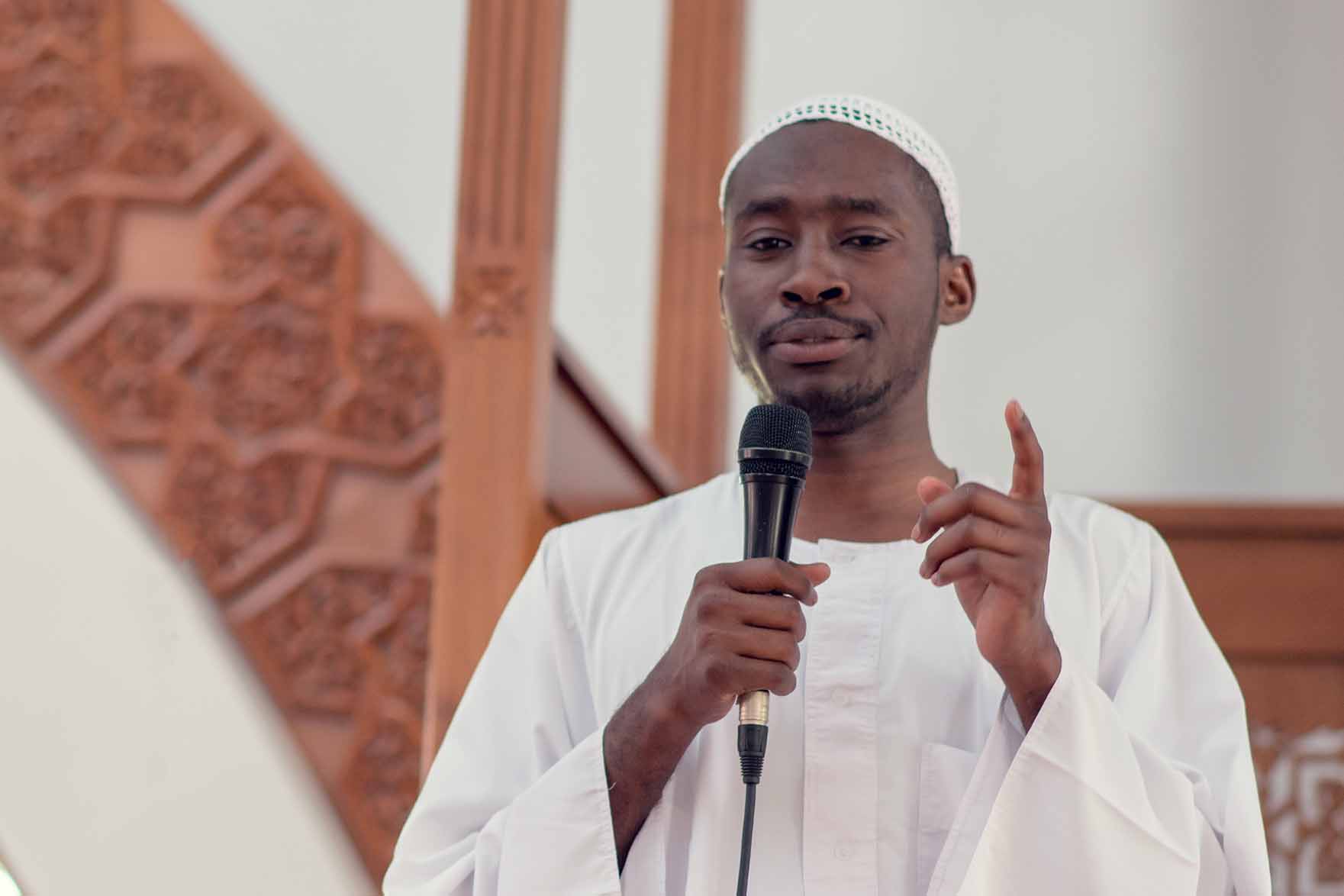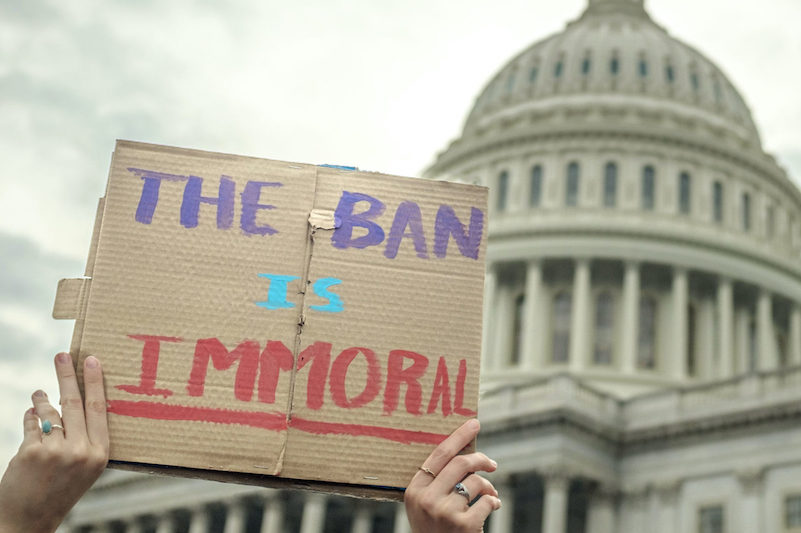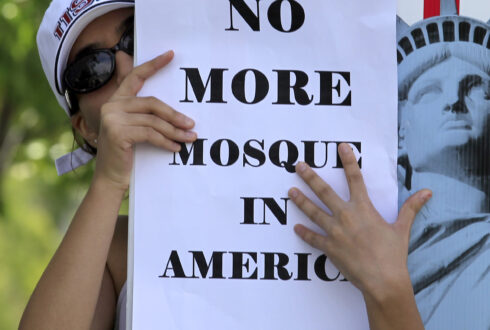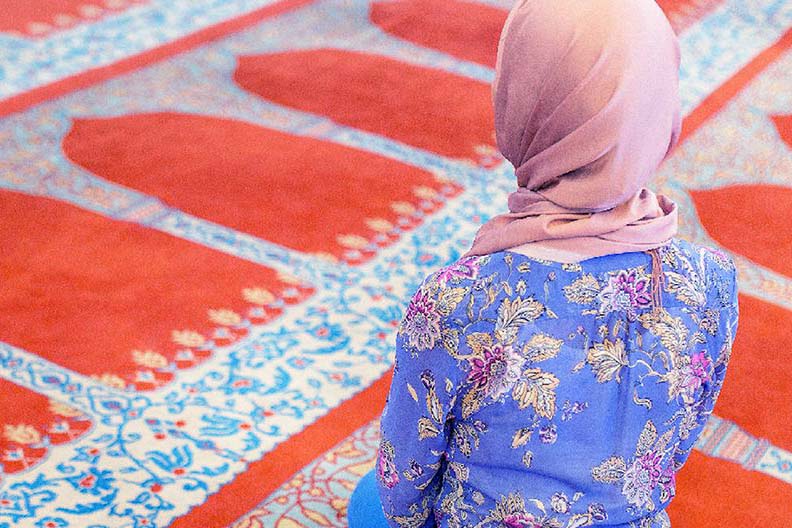ISPU conducts research to offer effective, implementable solutions. As a part of this goal, ISPU created a series of toolkits packaged to maximize usability and impact. ISPU toolkits provide our high-quality, rigorous research and resources for journalists, policymakers, community leaders, teachers, advocates, and others to use in their own important work. ISPU’s strategy of enabling others multiplies our impact as the data lives on in the work of those who catalyze change. ISPU encourages you to both use these toolkits and share them with others.
FEATURED TOOLKIT
As a pluralistic society hosting a multitude of faiths, the ability of faith groups to worship, gather, and access faith-based services is critical in the United States. For American Muslims, that space is the mosque or Islamic center. Opposition to the construction and expansion of mosques and community centers for Muslims in the United States has been documented since the 1980s. The growth of the Muslim community in the U.S. and the emergence of more prominent and purpose-built dedicated places of worship made new mosques more susceptible to opposition.
This toolkit offers recommendations and resources to understand, preempt, and challenge opposition to mosque and Islamic center construction and expansion. Because opposition to mosque construction can itself become an accelerant/driver of increased anti-Muslim organizing and narratives in communities, these recommendations also support leaders with preventing escalations in anti-Muslim narratives and organizing from taking hold in their communities.
In today’s climate of division, the work of outreach educators who inform the public about American Muslims is vital to fostering a well informed citizenry. This toolkit offers those of all faiths and no faith working to educate their communities about Americans who are Muslim resources to strengthen their work. In this toolkit, you’ll find educational handouts and videos, relevant research, and useful reports and articles to empower you to take what you learn and share that knowledge with others.
From independence to abolition, the Civil Rights Movement to the current movement for Black Lives, Black Muslim history is defined by resilience and struggle. Today, Black Muslims are the plurality of the American Muslim community, yet as a group, they experience a range of challenges due to anti-Black racism and Islamophobia. This collection of research and resources highlights Black Muslim experiences that are too often ignored.
Who are American Muslims? What do they really believe? What are their policy priorities? What should an elected official or someone seeking Muslims’ votes or support know about this group? How can elected officials best serve the needs of Muslim communities? ISPU and the Yaqeen Institute created this briefing book to help.
The emergence of COVID-19 in the United States has profoundly altered American life. Mandated social distancing has led to school and work closures, rising unemployment, and much more time spent at home caring for the health and well-being of family members. During these anxious times, ISPU’s research can help guide and inform. This toolkit rounds up new events and relevant research that facilitate online learning, promote community support, and prioritize mental health during the current public health crisis.
Are you an educator who wants to create an inclusive and enriching classroom experience? One of the most important things a teacher can do is to understand the diversity of backgrounds and experiences of their students and teach them how to work together. These evidence-based resources built by expert scholars will help you foster a safe learning environment for all of your students, especially those who happen to be Muslim.
Whether it’s time for a general, midterm, local, or special election, this toolkit is ready to empower, inform, and improve participation in our country’s political process. From videos to presentations to full reports, ISPU research has been repackaged to ensure accessibility to the political process for everyone, especially American Muslims.
Inspired by the needs of Muslim Americans in Public Service (MAPS), a national, non-partisan, non-profit network of professionals and organizations that aims to create an enabling ecosystem for Muslim American public servants and the public institutions they serve, ISPU produced this toolkit to provide government administrators with authoritative information about American Muslims’ identity and faith.
The role of the imam is one of the most challenging and critical leadership roles in American Muslim communities. In addition to leading prayers, imams are often called on to counsel families and youth, interface with law enforcement, and present Islam to the wider public. Drawing on the expertise of top scholars, this toolkit provides imams with vital, evidence-based research to help them in their important work.
Islamophobia takes many forms in both public and private spaces and communities. Any entity looking for guidance to fight bigotry in their ranks, organization, or wider communities can follow actionable items in this guidebook to help them counter dismantle Islamophobia effectively.
Roughly half of Americans say they do not know a Muslim. For many of these Americans, what they know about Muslims comes from media representations. However, more than 80 percent of television media coverage of Islam and Muslims in the U.S. is negative. Such narrow media representations open the door to distorted public perceptions of Muslims. We know the role of the media in informing the public has never been more important. At the same time, journalists are constantly asked to cover more and more with less resources. This guide was created to help.
In this toolkit, recommendations and resources to understand, preempt, and challenge opposition to mosque and Islamic center construction and expansion. Because opposition to mosque construction can itself become an accelerant/driver of increased anti-Muslim organizing and narratives in communities, these recommendations also support leaders with preventing escalations in anti-Muslim narratives and organizing from taking hold in their communities.
This toolkit provides resources for individuals and mental health professionals to effectively address the unique mental health challenges that Muslims face. A growing number of American Muslims encounter prejudice in their daily lives. Not surprisingly, they also increasingly self-report emotional stress. These challenges are not exclusive to adults. This toolkit also includes specific resources for addressing the needs of American Muslim children who face the added challenge of bullying from peers and adults alike.
ISPU partnered with the Yaqeen Institute to integrate ISPU research into a series of talks developed by Yaqeen, allowing communities around the country to receive evidence-based and inspiring talks and sermons. These toolkits are specifically developed as a tool to empower and equip imams, youth directors, MSA leaders, and Islamic schools to address topics relevant to the concerns of American Muslims today, using data as a backbone.


